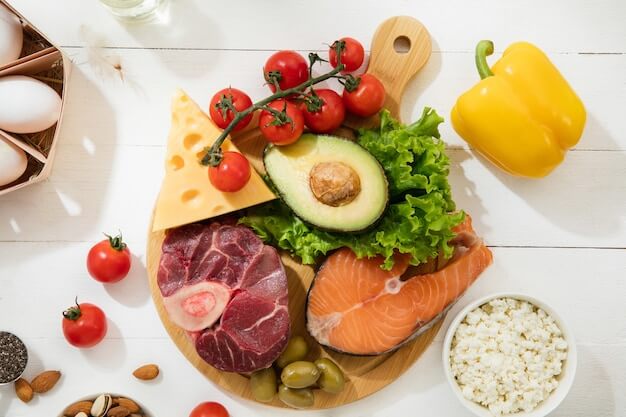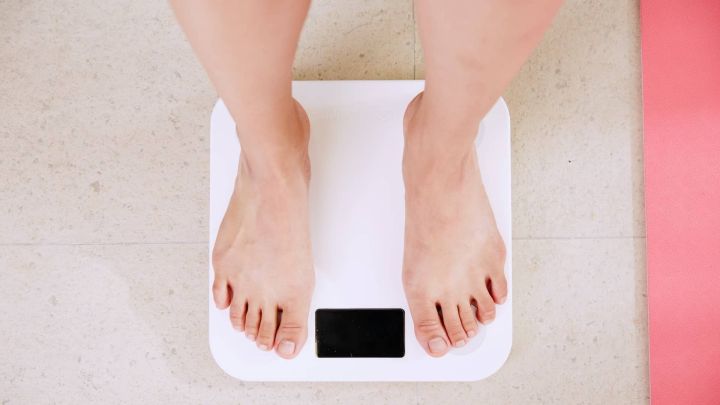Food is the most important thing for people, but do you know what to eat more? What to eat less or not? When should I eat it? When should I not eat?
The food is mouth-watering.
On the one hand, food that can not be refused allows us to enjoy our senses, on the other hand, it also creates a large number of "fat", so we can say "fat starts from eating", or "fat starts from eating".
The harm of obesity is well known, but it is also very difficult to resist the temptation of food. It is also very difficult to achieve a good healthy diet, especially for people who are obese because of their irregular diet.
So, how do we eat to be scientific and healthy?

1、 Learn what to eat more and what to eat less or not.
Eat more: ① Eat more foods with high dietary fiber content, such as whole grains, coarse cereals, vegetables and fruits; ② Eat more fish, poultry, eggs, lean meat, milk, soybeans and other foods with high-quality protein sources; ③ Eat more chicken, shrimp and other foods with high protein content but less fat and calories.
Eat less or not: ① Try to eat less or not to eat some foods that contain too much starch and are extremely sweet, such as potatoes, honey, candies and preserves; ② Try to eat less or no high salt food such as pickles and bacon; ③ Try to eat less or no fried food such as French fries, bread, chicken wings and chips; ④ Try not to drink carbonated drinks, fruit juice, etc; ⑤ Don't smoke or drink.
2、 Know when to eat and when not to eat.
Eating is very particular, and we should eat properly. What is eating well? Eating properly means that people choose the right time to eat. For example, eat at the following time:
Breakfast: 20-30min after getting up at about 07:30.
Chinese food: 12:00-12:30.
Dinner: 18:00-19:00 p.m. (4 hours after dinner, that is, after 21pm or around 22pm).
Night snack: It is not recommended to eat night snack after 21:00 pm or around 22:00 pm, because eating before sleep will not only increase the gastrointestinal burden and affect sleep, but also affect the appetite for breakfast the next day.
These suitable times are not nonsense, but have scientific basis. For example, some researchers have concluded that "dinner should be eaten as early as possible" according to relevant survey results.
According to the research, the reason why we should try to eat early for dinner is actually related to leptin and BMAL1 protein: ① eating early for dinner can avoid the decrease of leptin content secreted by fat cells, which weakens its effect; ② eating breakfast for dinner can avoid the increase of BMAL1 protein concentration and reduce fat accumulation.
Therefore, for patients with obesity or ordinary people who want to control their weight, they should find a suitable diet rule. The time of three meals should be fixed to form a regular biological clock, which can help to lose weight and control weight.

3、 Understand energy intake and distribution
① Control of total energy intake: on the basis of target energy intake, reduce energy intake by 500~1000 kcal per day (1200~1400 kcal/d for men and 1000~1200 kcal/d for women), or reduce total energy by 1/3 compared with the recommended intake, in which carbohydrate accounts for 55%~60% of total energy per day, and fat accounts for 25%~30% of total energy per day. ". [Total energy intake per day (kcal)=ideal weight (kg) × (20-25)(kcal/kg)】
② Control of food consumption: achieve "not enough to eat", that is, on the basis of a balanced diet, each meal should be controlled at the level of eight percent full.
③ Whole day energy distribution: three meals a day, 30% breakfast, 40% lunch and 30% dinner.
④ Appropriate nutrient distribution proportion: (1) Distribution of three major energy producing nutrients: protein accounts for 20% of total calories, fat accounts for 20%, and carbohydrate accounts for 60%.
(2) Ensure the supply of vitamins and mineral elements, and take appropriate vitamin and mineral element preparations when necessary.
(3) It is better to ensure that the daily dietary fiber intake is about 30g (vegetables, fruits and coarse cereals contain rich dietary fiber, so about 500-750g green leafy vegetables and 100g coarse cereals can be eaten every day).
4、 Good attitude+persistence
When people with obesity change their eating habits, they should always keep a good attitude.
It takes a long time to change a habit. In this process, people will inevitably have negative emotions such as depression and anxiety, which will lead to the idea of overeating.
Therefore, it is necessary to adjust your mind at all times.
A healthy lifestyle, especially eating habits, is not developed overnight. It requires a lifetime of persistence and perseverance. If you just don't eat today and eat tomorrow, such eating habits will not lead to a healthy and beautiful body.
